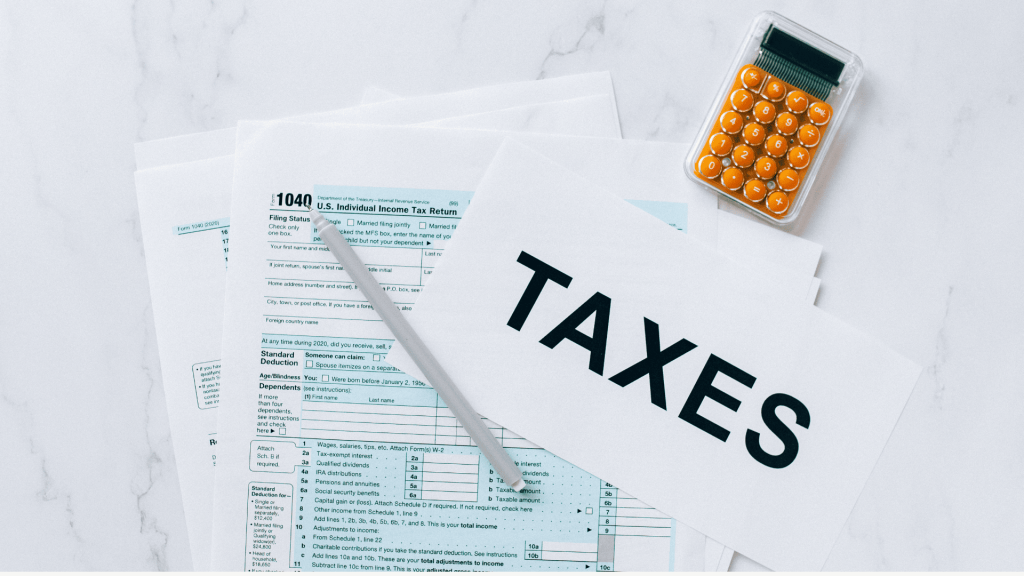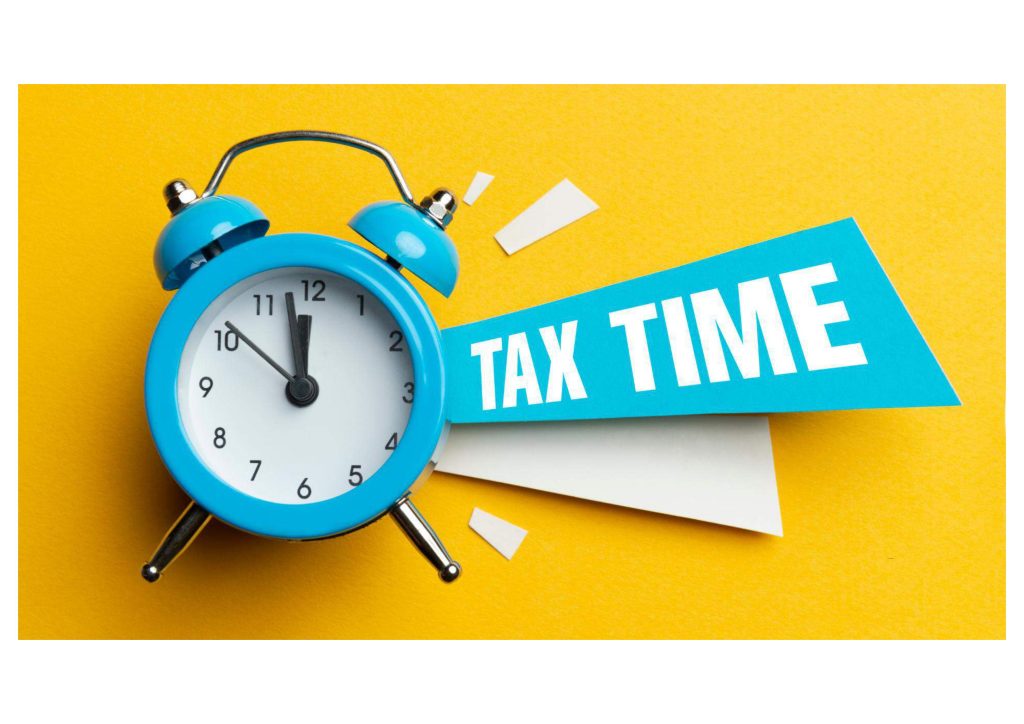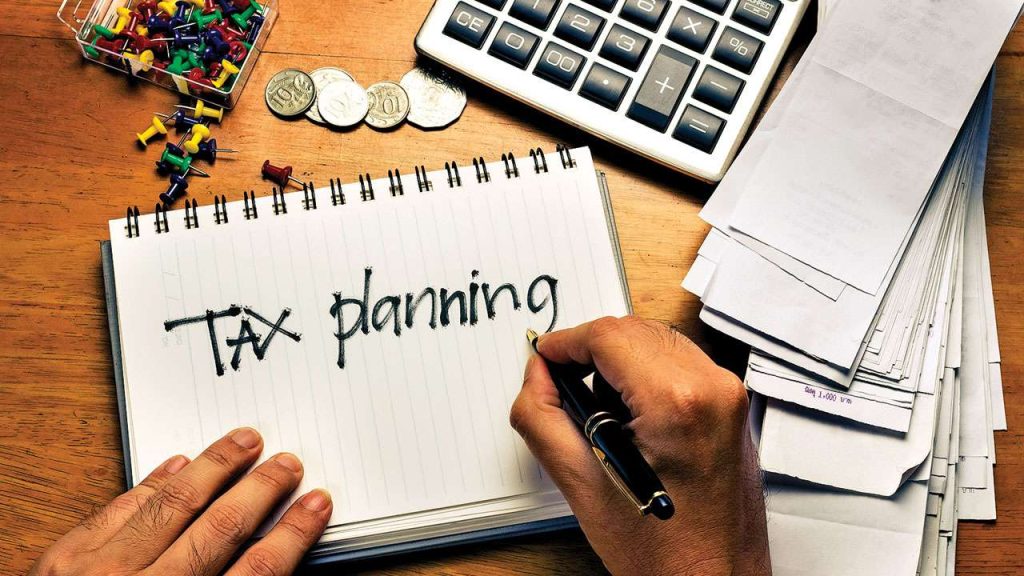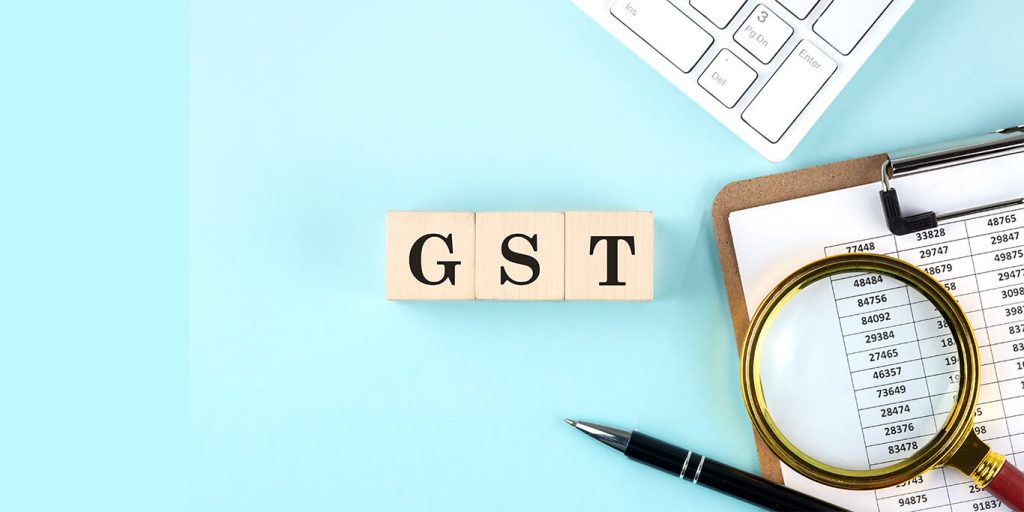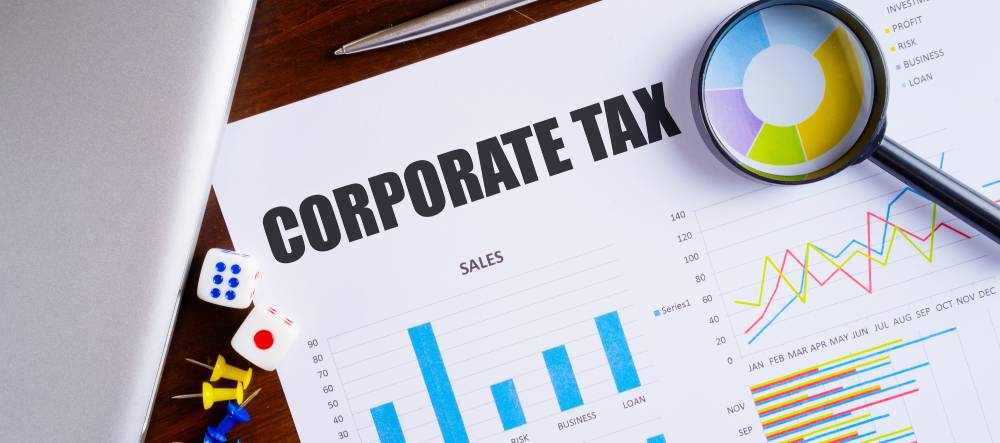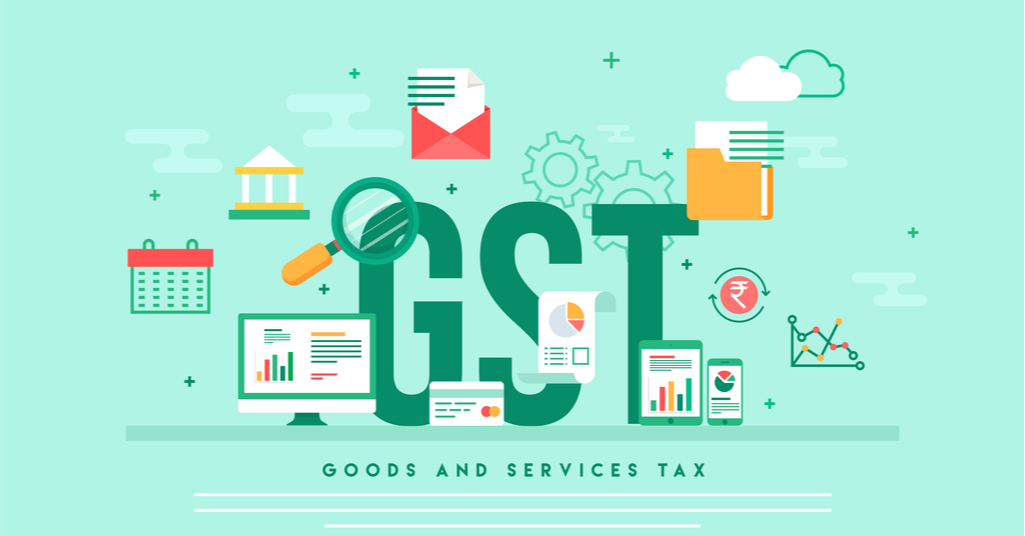GST Registration in Singapore: A Complete Guide
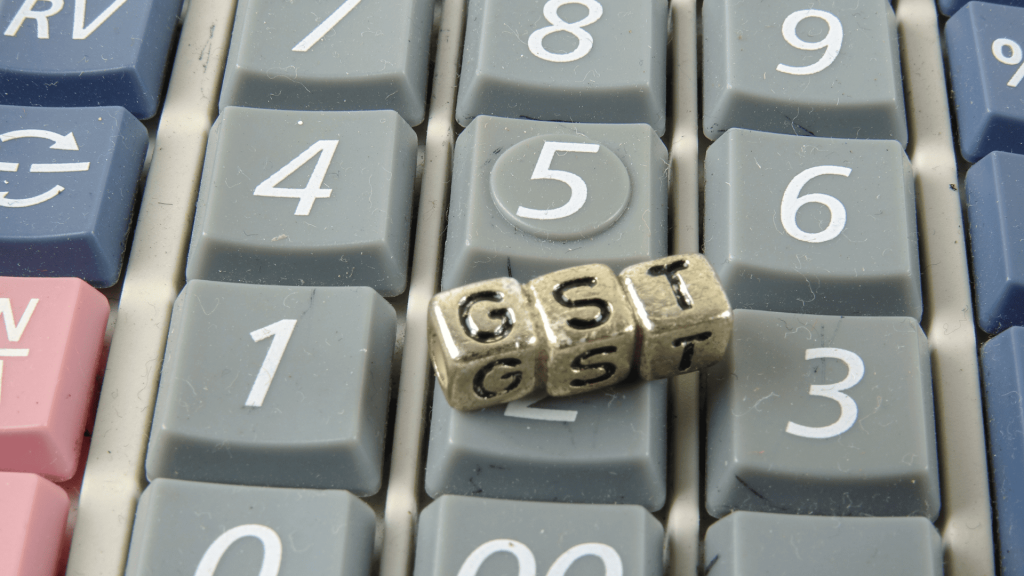
Do you need to register for GST if your business is in Singapore? What are the advantages of being GST-registered?
Our easy-to-understand guide covers the basics of GST registration, including the S$1 million taxable turnover threshold and the benefits of being a GST-registered business. This will help you make informed choices for your company.
What is the Goods and Services Tax (GST)?
The Goods and Services Tax (GST) in Singapore is a tax on most goods and services, including imports. It helps the government raise money. Businesses in Singapore are important in this system. When they register for GST, they collect the tax for the government and pay it to them. It’s important to understand how to collect, pay, and manage GST transactions effectively.
Who Must Register for GST?
You are required to register for GST if your taxable turnover meets the following criteria:
- Retrospective View:
If your taxable turnover exceeds $1 million at the end of the calendar year.
- Prospective View:
If you anticipate your taxable turnover will exceed $1 million in the next 12 months.
GST Registration Process in Singapore
The GST registration process in Singapore might look complicated at first, but it’s actually simple once you know the steps. From checking if you're eligible to starting to charge GST, each step has clear guidelines to help you get your business registered properly. Let’s go through each step in detail.
Step 1: Check Eligibility
The first step is to check if you need to register. Businesses must register for GST if their taxable turnover exceeds S$1 million at the end of the year or if they expect it to go over that amount in the next 12 months. Even if you’re not required to register, you can choose to register voluntarily after considering the consequences. Remember, not registering on time can lead to penalties.
Step 2: Register Online
After checking your eligibility, you need to register online at mytax.iras.gov.sg, the official tax portal in Singapore. When registering, businesses may need to provide supporting documents and, in some cases, complete an e-learning course.
These e-learning courses offer important training on GST rules, compliance, and management. They help ensure your business understands the GST requirements in Singapore. While this step may seem a bit strict, it makes sure that all GST-registered businesses are ready for their tax responsibilities.
Step 3: Wait for Approval
Once you submit your GST registration application, you need to wait for the approval letter. The Inland Revenue Authority of Singapore (IRAS) reviews your application, which usually takes about 10 working days, but it can take up to 30 days for some applications. During this time, the Comptroller might ask for more information or documents from your business. So, it’s important to be patient and ready during this step.
Step 4: Get Your Registration Notice
After your GST registration is approved, you’ll receive a notice from IRAS confirming your GST registration number and the effective date. This official GST registration number must be printed on all invoices, credit notes, and receipts.
Remember, businesses cannot charge or collect GST until the official effective date of their registration.
Step 5: Start Charging GST on Goods and Services
The last step in the registration process is to begin charging GST on goods and services from your registration's effective date. In Singapore, output tax is the GST that a registered business charges on its taxable goods and services.
With your official registration number printed on all invoices, credit notes, and receipts, you can now legally collect GST from your customers. Just remember, you cannot charge GST before your official effective date of registration.
GST Registration Documents
For GST registration, businesses need to submit an online application with the required supporting documents to the corporate regulatory authority. This includes the business's ACRA Business Profile or, for overseas businesses, an English Certificate of Incorporation.
If you're registering voluntarily for GST, you also need to include a GIRO application form and the acknowledgment pages from the 'Overview of GST' e-learning course.
How Long Does GST Registration Take?
The GST registration process in Singapore usually takes about 10 working days for most applications. However, some cases may take up to 30 days if more review or documents are needed. Approval for GIRO applications can take up to 3 weeks.
Deadlines and Penalties
Understanding the GST rules in Singapore means knowing important deadlines and possible penalties. Businesses must register for GST and file their returns on time. If you register late or don’t comply, you could face penalties, including a 5% late payment fee and an extra 2% fee each month for GST payments that are more than 60 days late.
Responsibilities of a GST-Registered Business
If your business is GST-registered, you have certain responsibilities to meet. These include filing GST returns, paying GST, and keeping accurate records of business transactions and accounting for at least 5 years.
Let’s take a closer look at these responsibilities.
- Filing GST Returns Using the myTax Portal
One important duty of GST-registered businesses is to file GST returns. You need to submit these online through the myTax Portal at mytax.iras.gov.sg. Most businesses must file their GST returns every three months, but you can apply to file them monthly if needed. Keep in mind that even if there are no transactions, you still need to file a 'NIL' return.
- Paying GST
Another important responsibility is paying GST. After you submit your GST F5 tax return, you need to pay the amount due within one month. This helps keep the tax system running smoothly and efficiently.
- Record-Keeping and Administrative Duties
Finally, GST-registered businesses must keep accurate records of their transactions and accounting for at least 5 years. This includes records of GST collected from customers and GST paid to suppliers or on imports. Good record-keeping is crucial for managing a GST-registered business, helping to ensure transparency and accountability. - GST on Imported Goods
When you import goods into Singapore, you must declare them to Singapore Customs by submitting an Import Declaration form. The GST you pay is based on the CIF (cost, insurance, and freight) value, along with any customs duty that applies. You need to pay the GST at the time of import, and you must pay it before the goods can be released from customs. - Cancelling Your GST Registration
Sometimes, you may need to cancel your GST registration. This could happen if you stop operating, transfer the business, or change the type of business entity. Businesses must cancel their GST registration within 30 days of these changes by submitting the necessary documents. After de-registering, businesses cannot charge GST or issue tax invoices, but they still need to pay GST on imported goods.
Need Help with GST Registration and Compliance?
The GST registration process in Singapore may seem overwhelming at first, but understanding the steps makes it easier. By knowing the requirements, following the process, and recognizing the benefits, businesses can confidently meet their tax duties. From checking if you're eligible, registering online, waiting for approval, getting your GST registration notice, to charging GST and filing returns – each step is important for successful GST registration. Benefits like input tax claims, better credibility, compliance with the law, a competitive edge, and global reach make GST registration a key business achievement.
Contact Clooud Consulting to register your company for GST status, whether it's on a compulsory or voluntary basis. If you're already registered but facing challenges with GST accounting, quarterly filing, or submissions, we're here to assist you. Reach out to us today!
